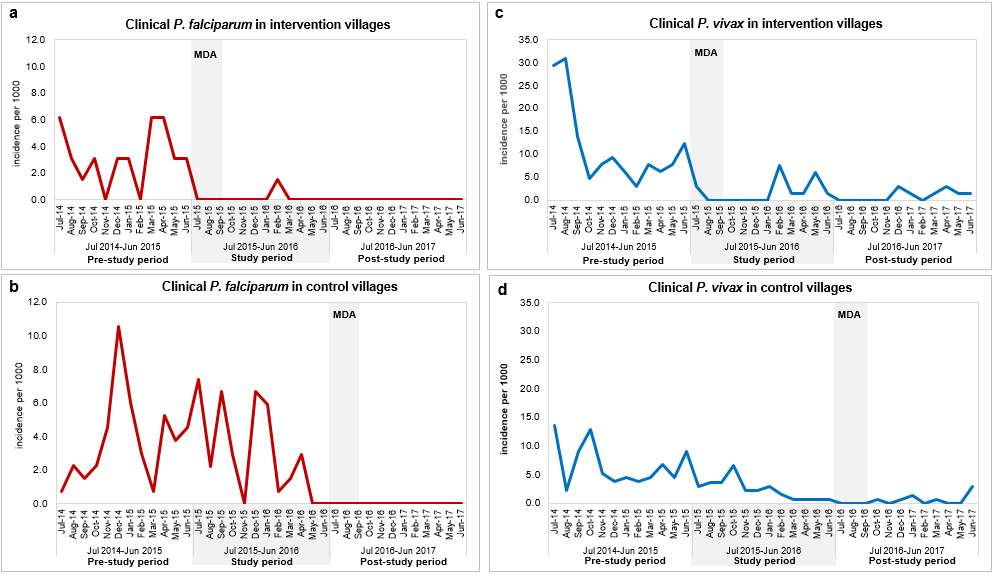Dr Rupam Tripura

Contact information
Research groups
Rupam Tripura
Clinical Researcher
Dr Rupam Tripura is a clinical researcher based at the Mahidol-Oxford Topical Medicine Research Unit (MORU) research stations in Cambodia. The main focus of his work has been to conduct clinical trials to understand the nature of drug-resistant falciparum malaria in western Cambodia and to develop treatment regimens, and strategies to combat the spread of resistance.
In 2008-2010, after the first reports of artemisinin resistant falciparum malaria, he was involved in a trial to look at the effect of high-dose or split-dose artesunate against artemisinin-resistant falciparum in western Cambodia. In 2011-13, he led the research team in Pailin, a site for the Tracking Resistance to Artemisinins Collaboration study (TRAC), an open-label, multicentre clinical trial conducted. In 2014-16, he was involved in the Triple Artemisinin Combination (TRAC 2) study in western Cambodia, which evaluated the efficacy, safety, and tolerability of combining three antimalarial treatments against standard artemisinin combination therapy (ACT). During 2013-14, He led a series of community based epidemiological studies to understand asymptomatic plasmodium infections and explore whether these are a barrier to malaria elimination. Therefore, during 2015-17, he jointly led the Cambodian sites for a multicentre clinical trial entitled Targeted Malaria Elimination (TME) which evaluated the effectiveness, safety and acceptability of three round of mass drug administration (MDA) with dihydroartemisinin-piperaquine in areas of multidrug resistant falciparum malaria. Currently, he is conducting in a clinical trial in Northern and Western part of Cambodia which evaluates artemether-lumefantrine with or without amodiaquine. The aim is to develop a treatment regimen against multi-drug resistant falciparum malaria.
Key publications
-
Acceptability and feasibility of glucose-6-phosphate dehydrogenase (G6PD) testing using SD Biosensor by village malaria workers in Cambodia: a qualitative study
Cassidy-Seyoum SA. et al, (2025), BMJ Global Health, 10, e019615 - e019615
Recent publications
-
Acceptability and feasibility of glucose-6-phosphate dehydrogenase (G6PD) testing using SD Biosensor by village malaria workers in Cambodia: a qualitative study
Cassidy-Seyoum SA. et al, (2025), BMJ Global Health, 10, e019615 - e019615
-
Co-design of a routine clinical review to improve the safety of high dose radical cure treatment for Plasmodium vivax malaria: findings from Cambodia and Ethiopia
Cassidy-Seyoum SA. et al, (2025), Malaria Journal, 24
-
Operational evaluation of the deployment of Malaria/CRP Duo and Dengue Duo rapid diagnostic tests for the management of febrile illness by village malaria workers in rural Cambodia
Visser MT. et al, (2025), BMC Infectious Diseases, 25
-
How do study participants want to be informed about study results: Findings from a malaria trial in Cambodia, Ethiopia, Pakistan and Indonesia
Bamboro SA. et al, (2025), Journal of Clinical and Translational Science
-
Correction: Expanding the role of village malaria workers in Cambodia: Implementation and evaluation of four health education packages
Betrian M. et al, (2024), PLOS ONE, 19, e0315636 - e0315636




